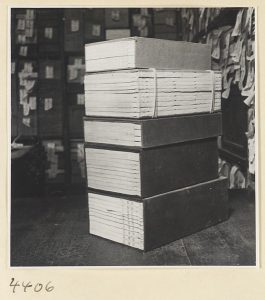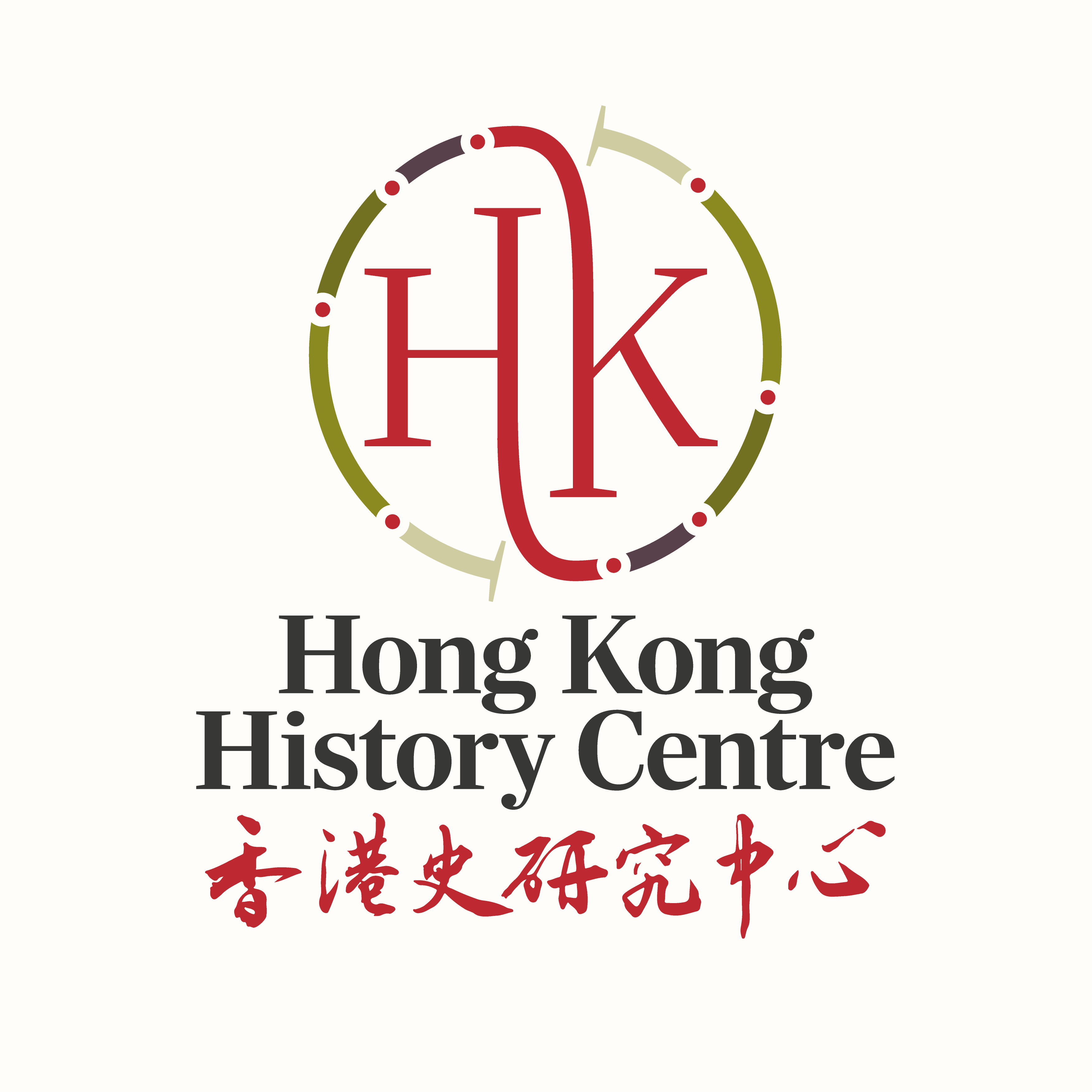Today we are introducing an article ‘Disseminating and Containing Communist Propaganda to Overseas Chinese in Southeast Asia through Hong Kong, the Cold War Pivot, 1949–1960’ by Florence Mok, Department of History, Nanyang Technological University, Singapore.
During the Cold War, Hong Kong played a crucial role as a strategic location for the Chinese Communist Party (CCP) to disseminate printed propaganda to overseas Chinese in Southeast Asia. From 1949 onwards, the CCP established a strong presence in Hong Kong’s publishing and book retail industries, utilizing the capitalist environment of the city to expand its cultural influence. This ironic situation allowed the CCP to outperform the capitalists they opposed in terms of expanding their reach.
Intelligence gathered by British agencies at the time indicated that Chinese psychological warfare through print media was seen as a genuine threat to both colonial and post-colonial states in Southeast Asia. The number of left-wing printers, publishers, and bookshops in Hong Kong increased, and the importation of Chinese communist literature to Southeast Asia surged in the late 1950s.
The left-wing propaganda disseminated through Hong Kong included magazines that cultivated Chinese patriotism and affirmed the legitimacy of the CCP, as well as a limited number of books detailing revolutionary and communist ideologies. Analyzing surviving samples of these texts reveals shifts in Chinese statecraft and highlights tensions within the CCP between domestic and foreign policies, as well as between the promotion of radical ideologies and pragmatic considerations. Most of the left-wing propaganda adopted a soft approach, devoid of subversiveness, reflecting a policy of peaceful coexistence and the practical need to attract foreign remittances. However, the CCP also aimed to inform overseas Chinese about the socialist transformation taking place in China.
The article also sheds light on the tensions between United States agencies and the colonial administration of Hong Kong regarding how to control the influx of Chinese communist literature. While the United States expected strict control and even censorship of Chinese communist propaganda, the colonial government refused to comply, arguing that it was safeguarding basic legal freedoms. The Hong Kong government was also motivated by pragmatic concerns, fearing that a hard-line approach could lead to internal unrest and further deterioration of Sino-British relations. As a result, decolonizing Southeast Asian countries took their own initiatives to strengthen controls on imported communist books and periodicals, demonstrating how Hong Kong became a pivotal battleground in the propaganda war waged across Southeast Asia in the 1950s.
今天我們會介紹由新加坡南洋理工大學歷史系Florence Mok所寫的文章,關於1949-1960年香港作為冷戰樞紐下,如何傳播和遏制共產主義向東南亞華僑宣傳。
在冷戰期間,香港在中國共產黨將印刷宣傳品傳播給東南亞海外華人方面扮演了重要的戰略角色。從1949年開始,中共在香港的出版和圖書零售業建立了強大的存在,利用城市的資本主義環境擴大其文化影響力。這諷刺地使得中共在擴大影響力方面超越了他們反對的資本家。
當時英國機構收集到的情報顯示,中國的心理戰透過印刷媒體對殖民地和後殖民時期的東南亞國家構成真正威脅。香港的左翼印刷廠、出版商和書店數量增加,中國共產主義文學在1950年代末期大量進口到東南亞。
通過香港傳播的左翼宣傳包括培養中國愛國主義和確立中共合法性的雜誌,以及少量闡述革命和共產主義意識形態的書籍。分析這些文本的現存樣本揭示了中國國家政策的變化,並凸顯了中共內部存在的國內外政策以及促進激進意識形態與務實考慮之間的緊張關係。大多數左翼宣傳採取了較為溫和的方法,不具有顛覆性,體現了和平共處政策和吸引外匯的實際需求。然而,中共也旨在向海外華人介紹中國正在進行的社會主義轉型。



